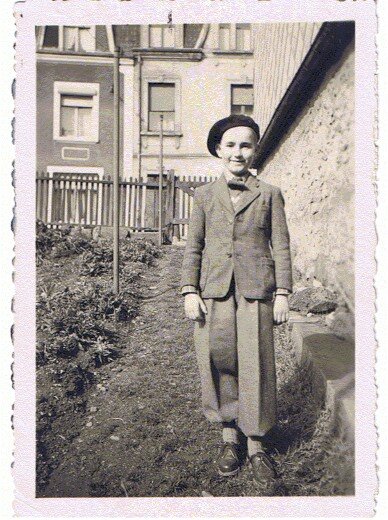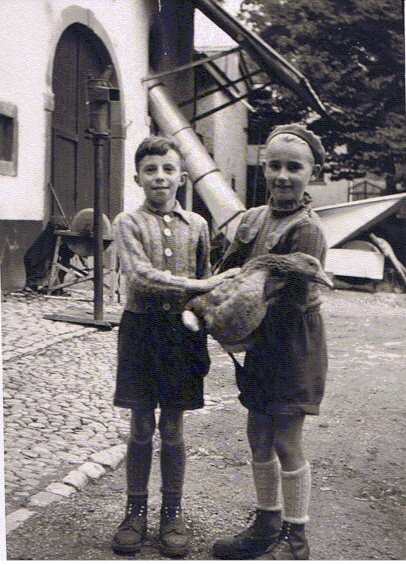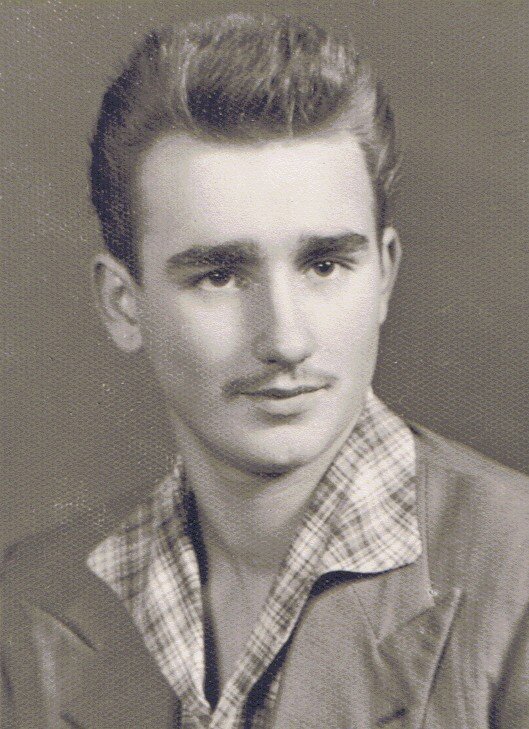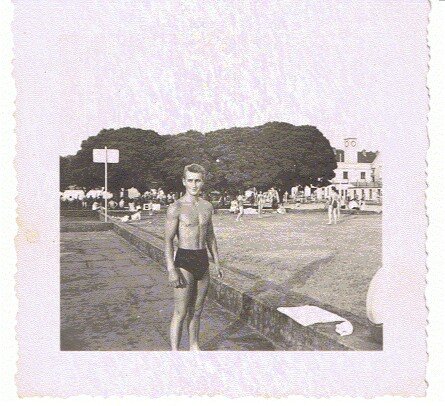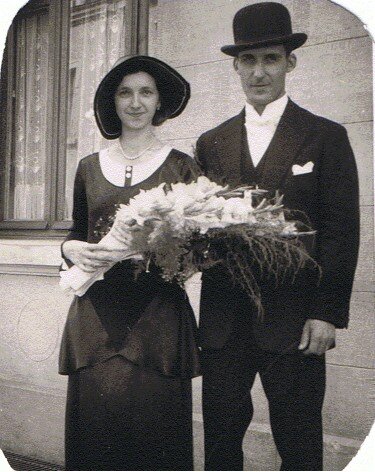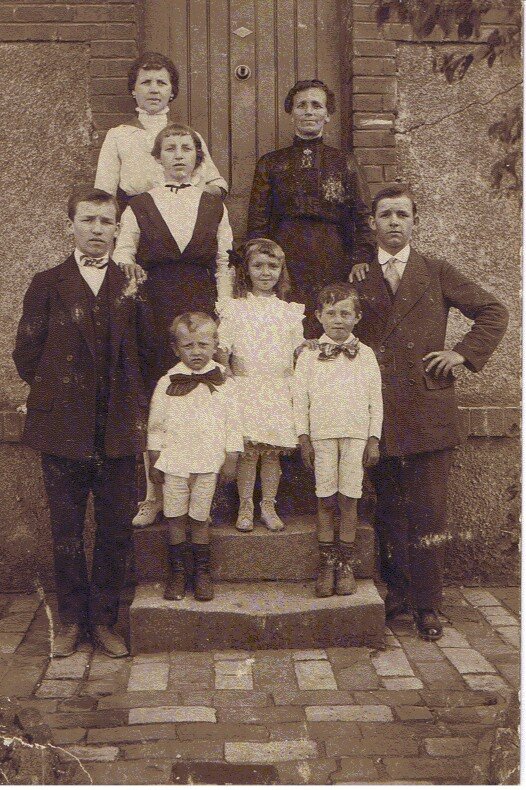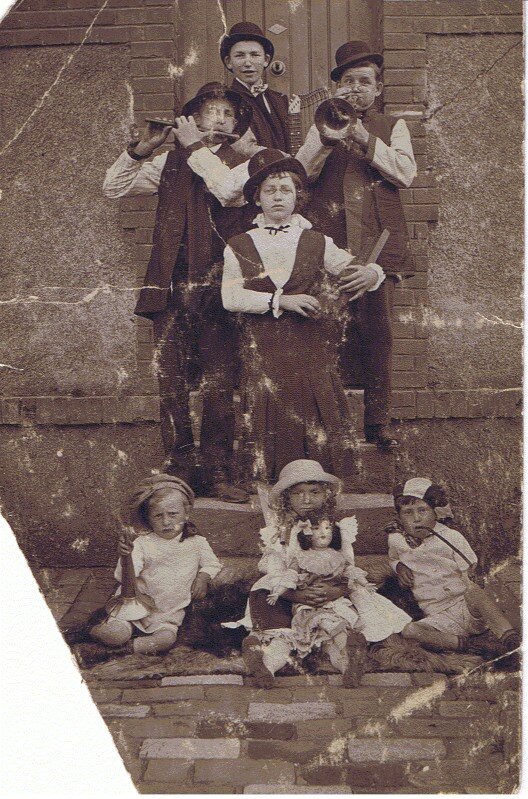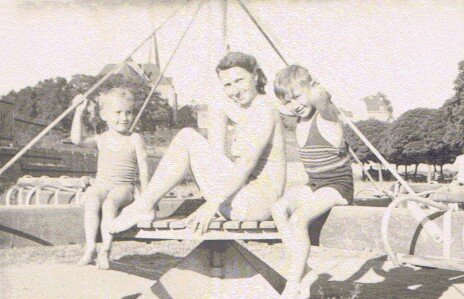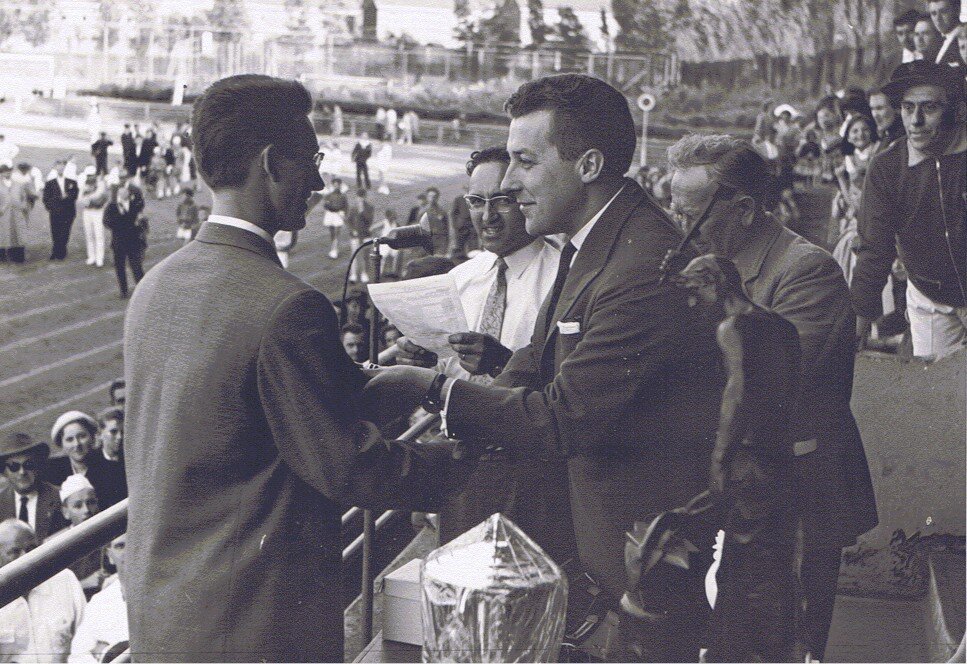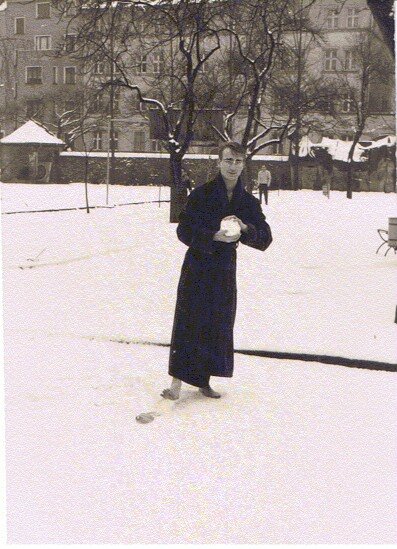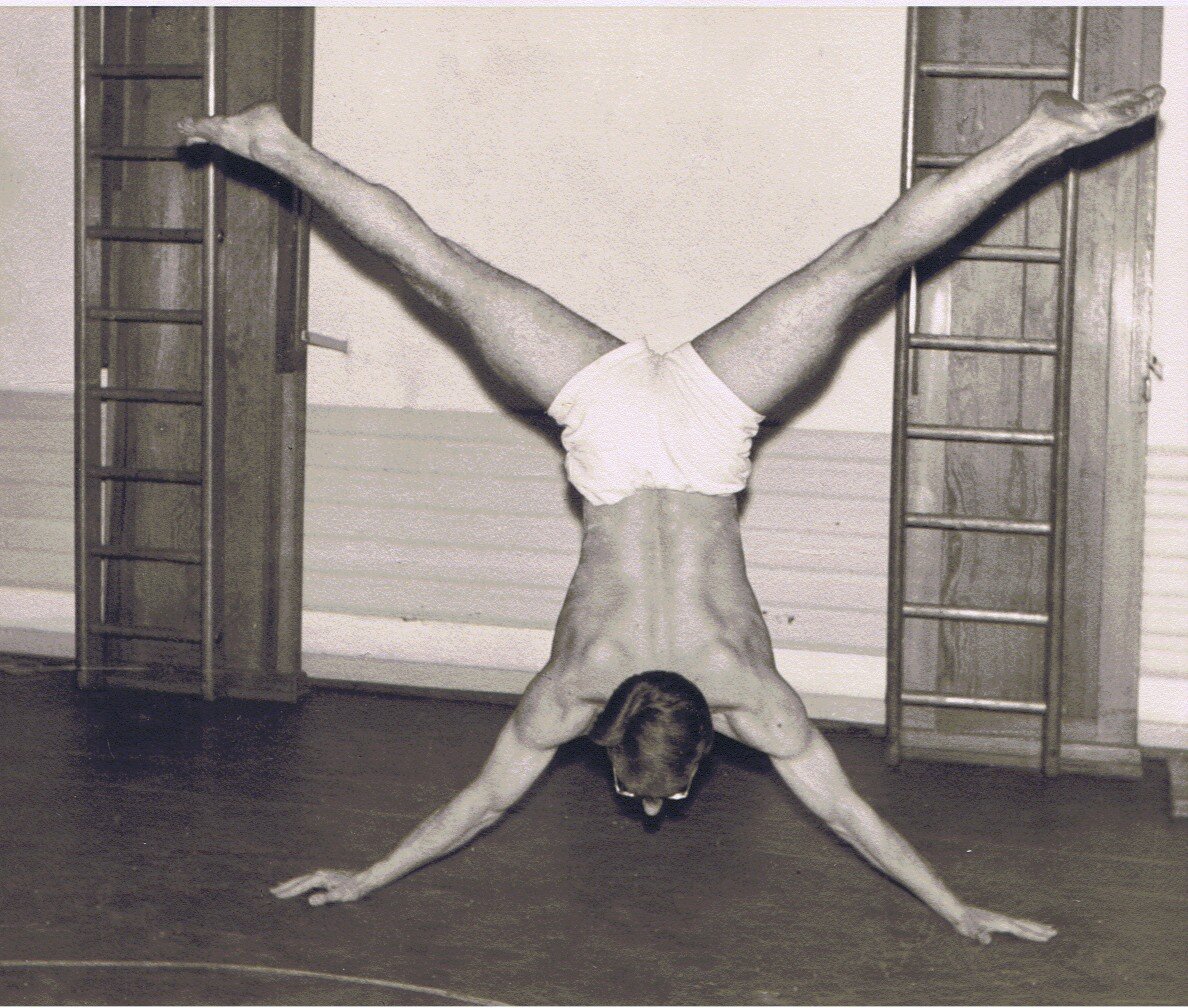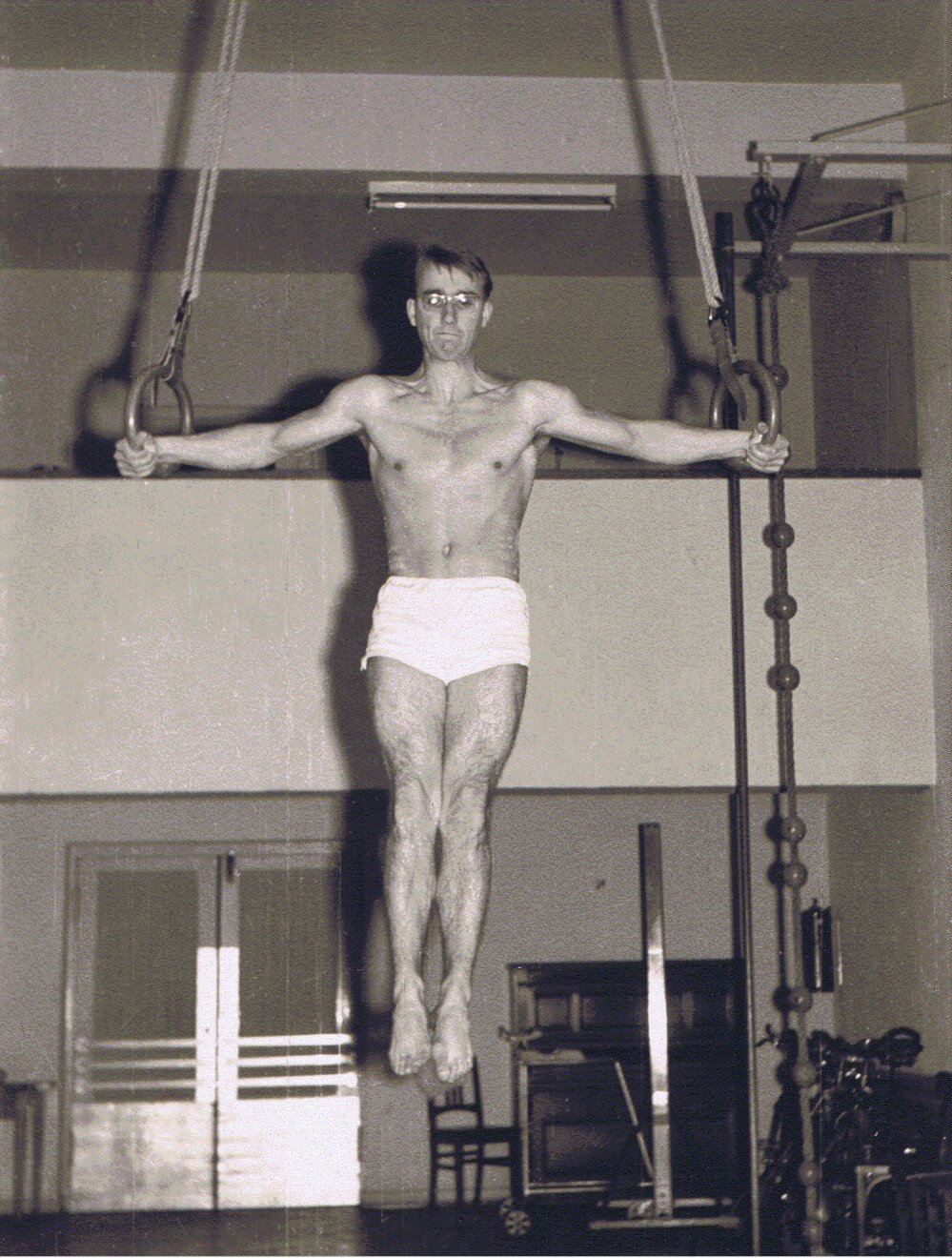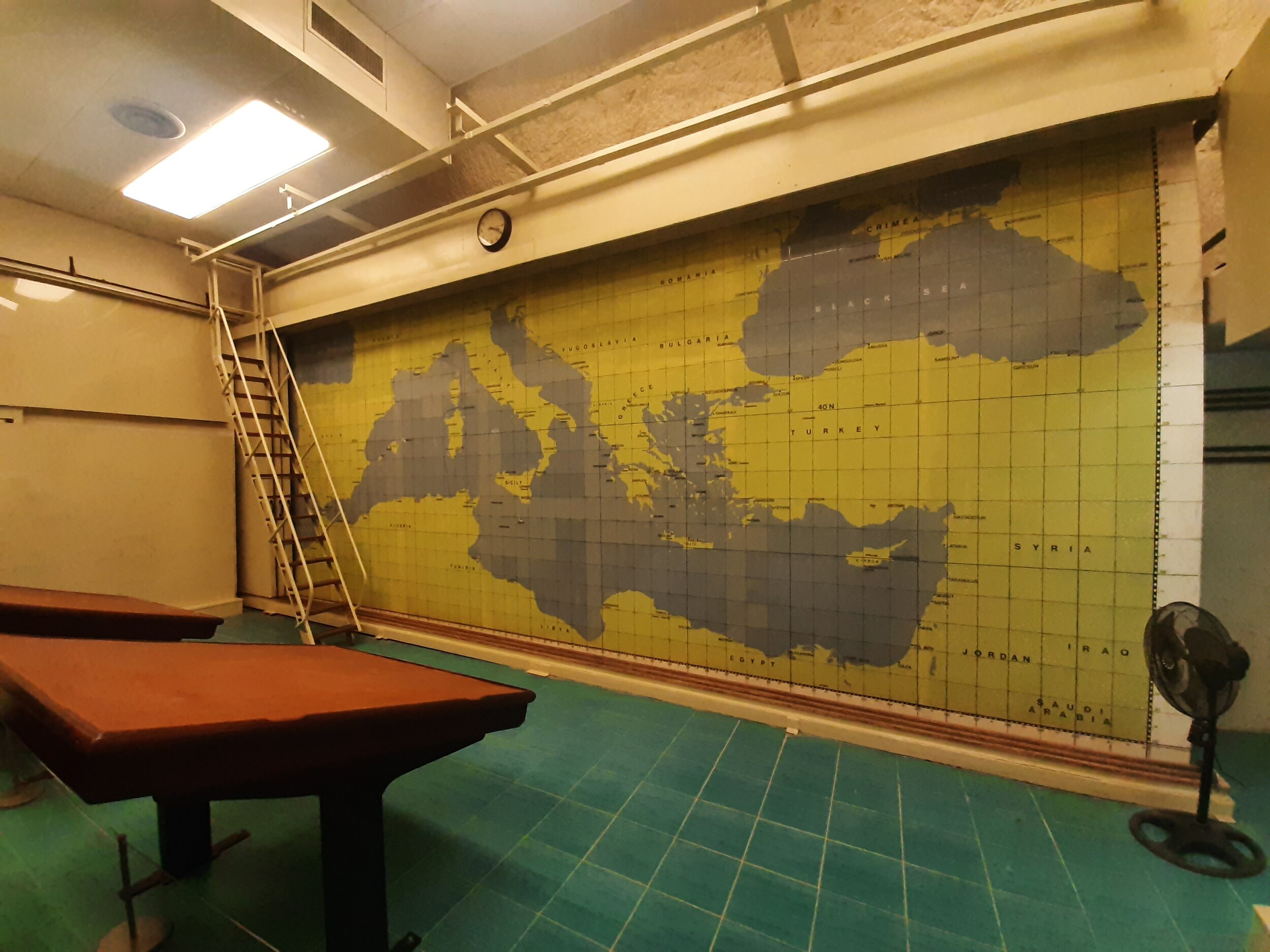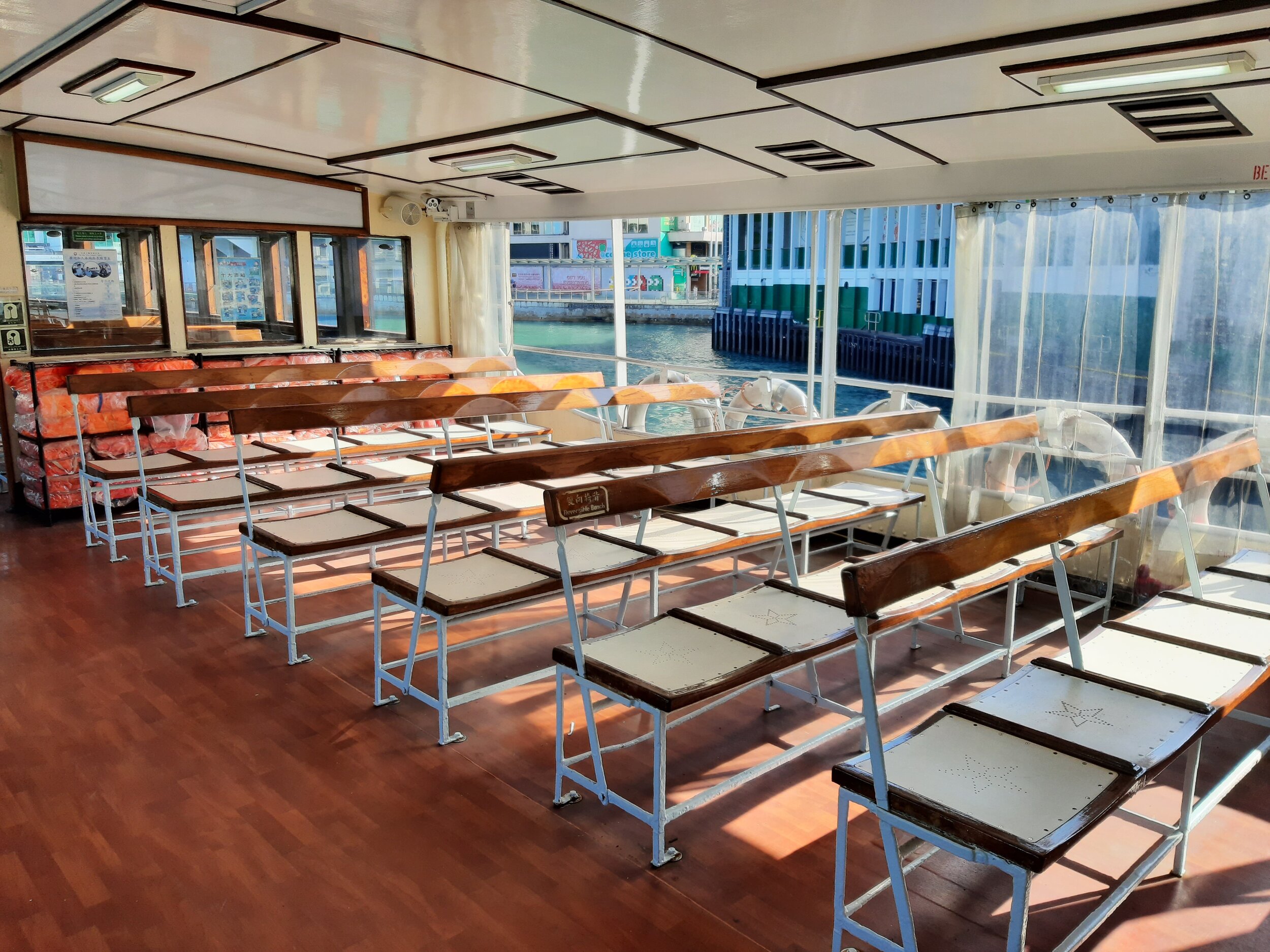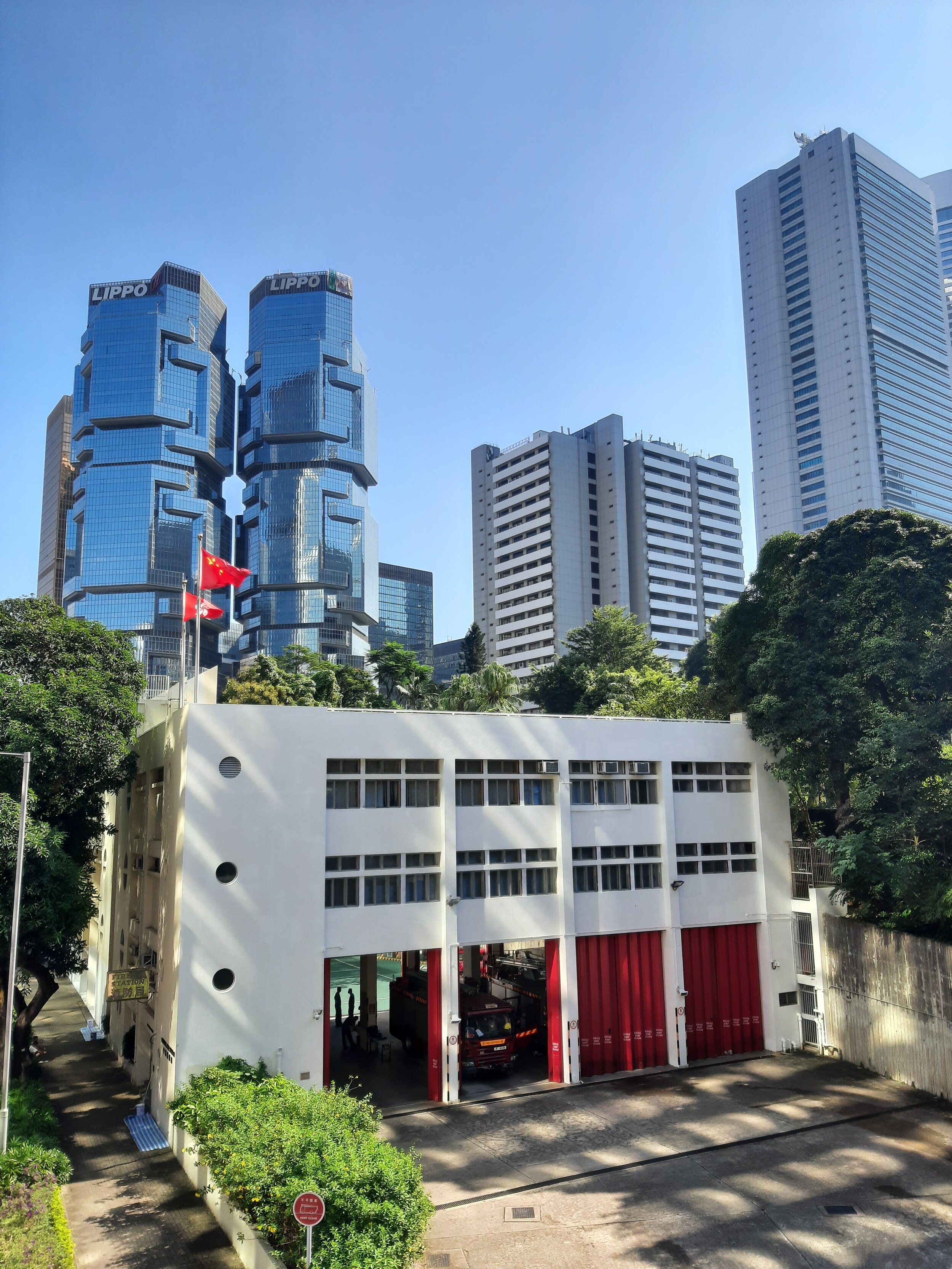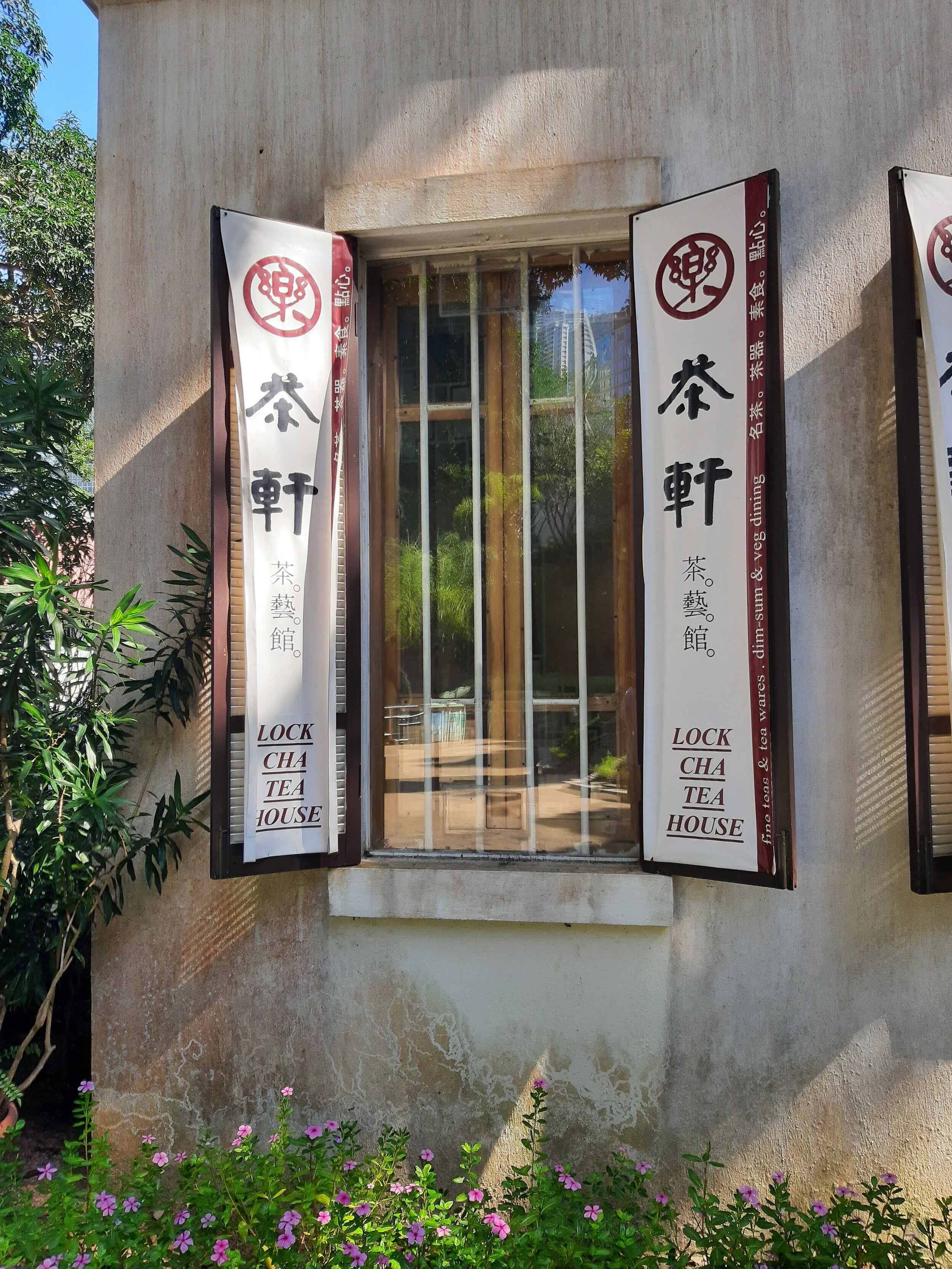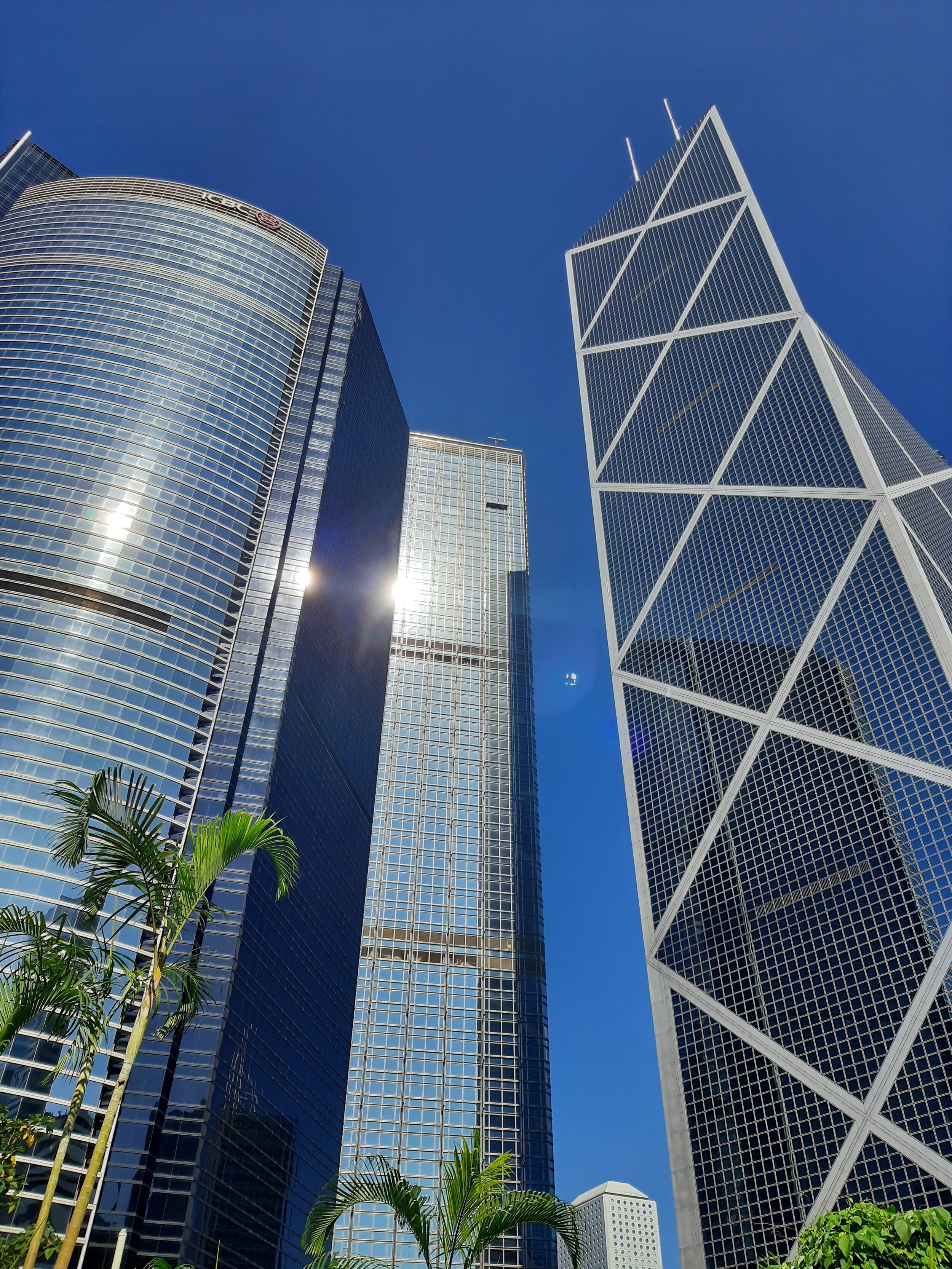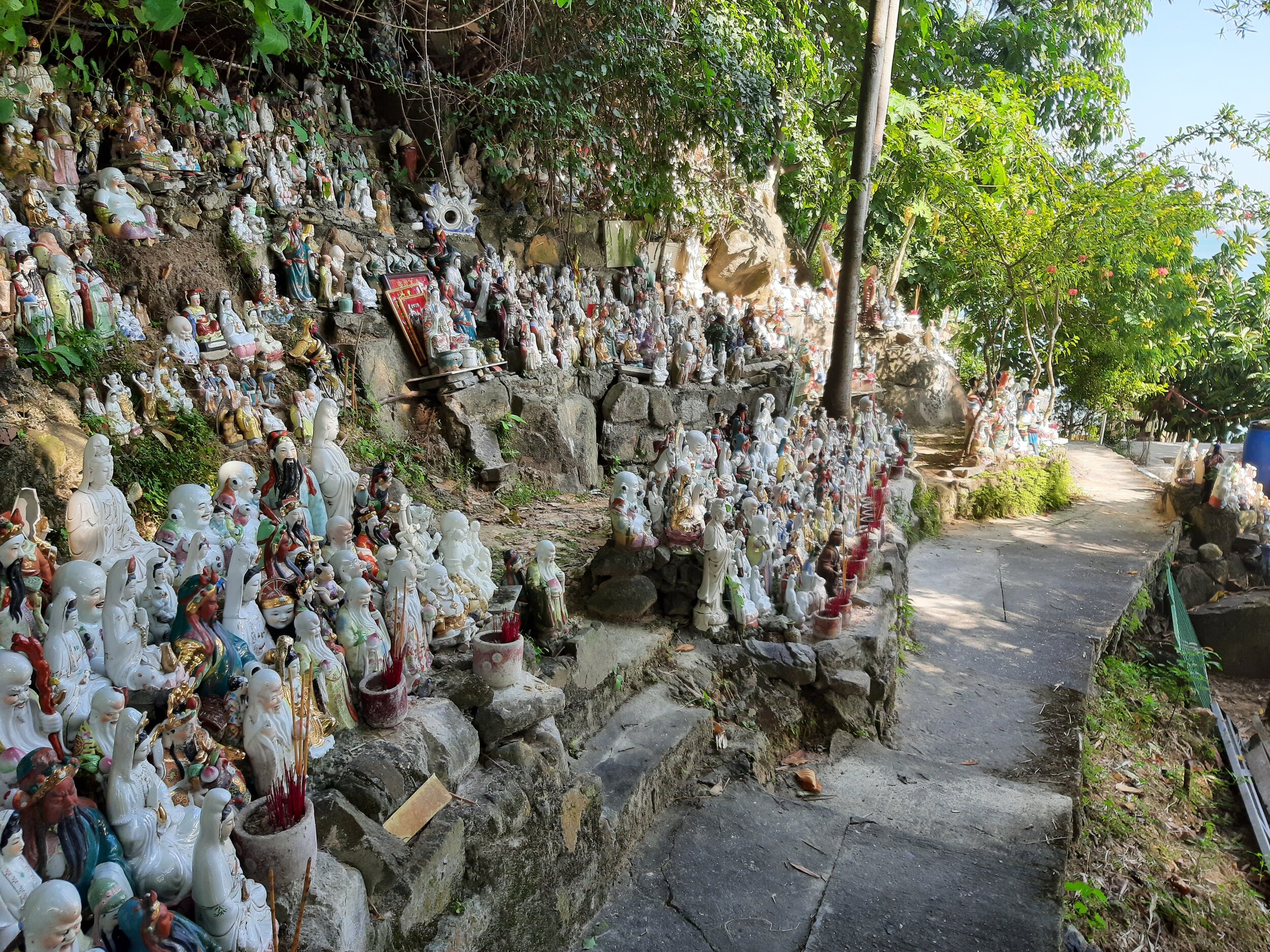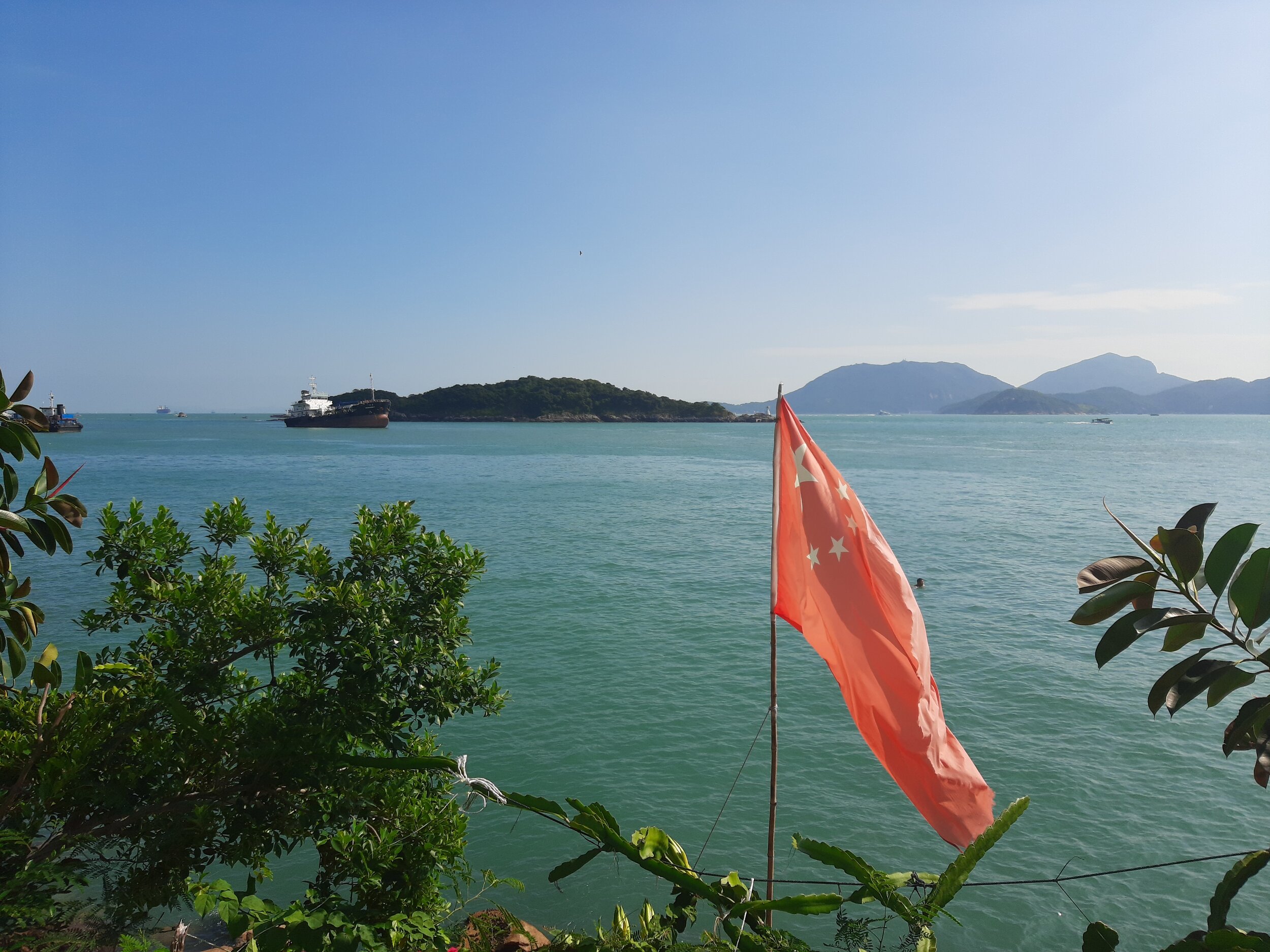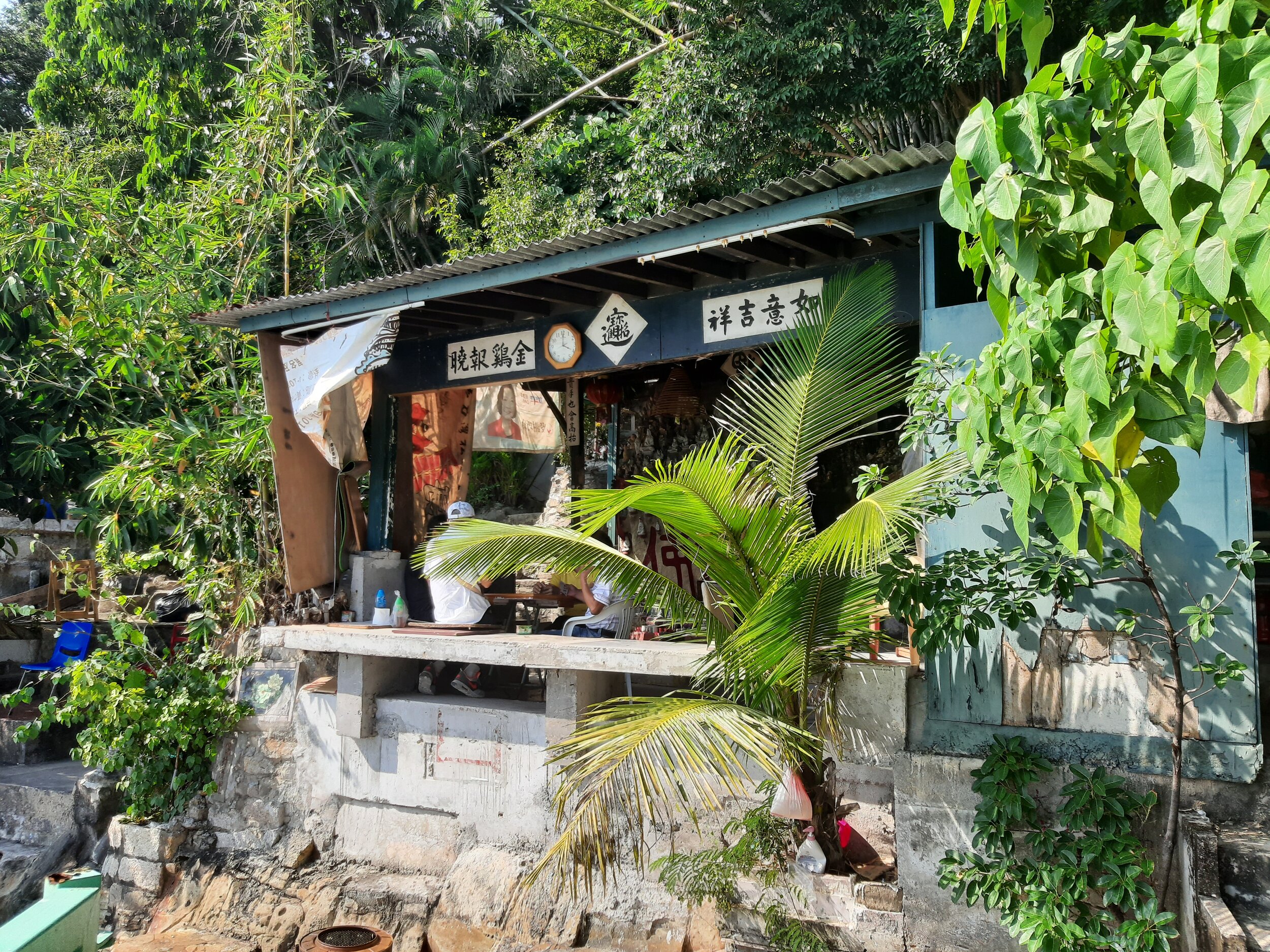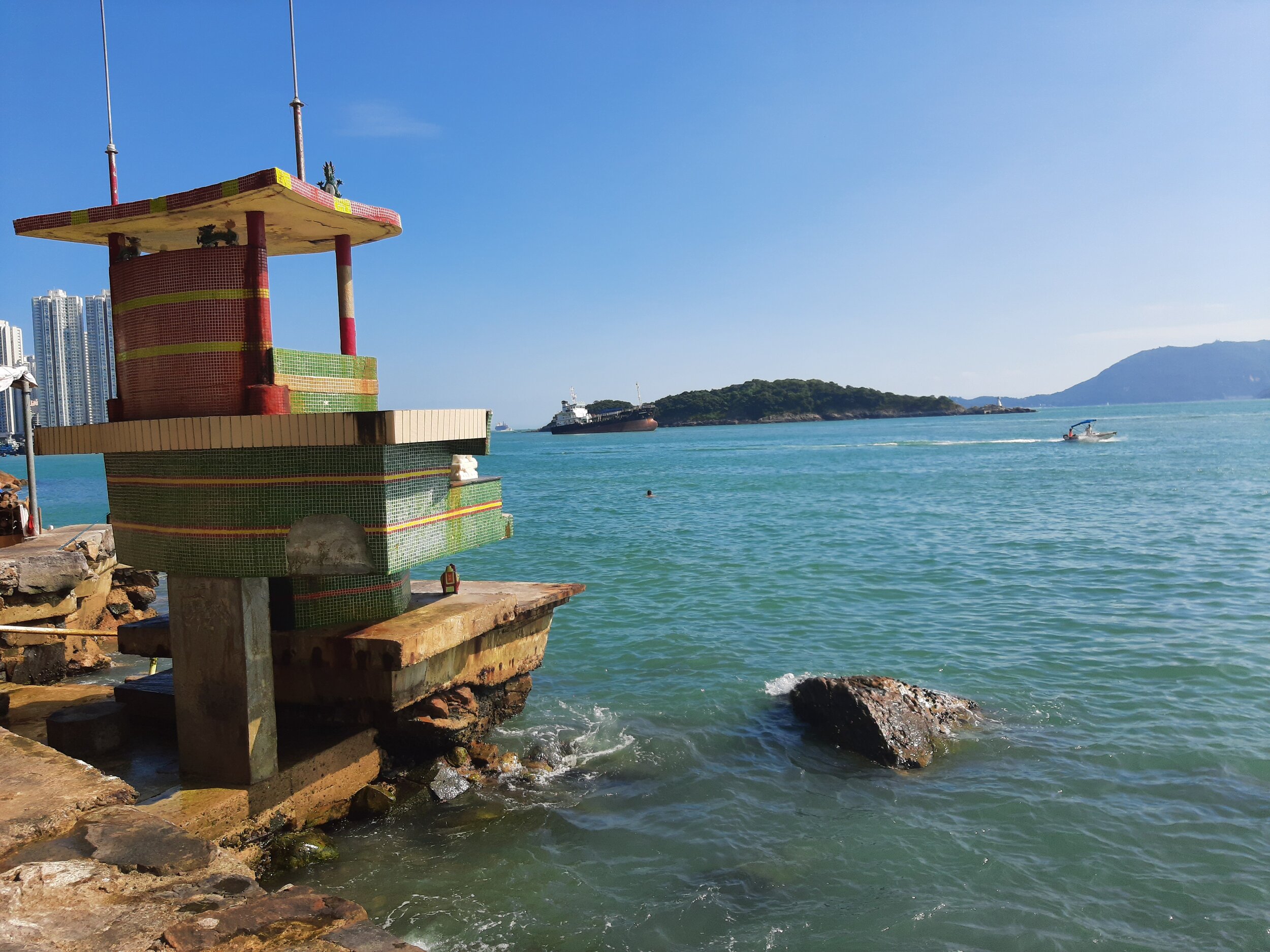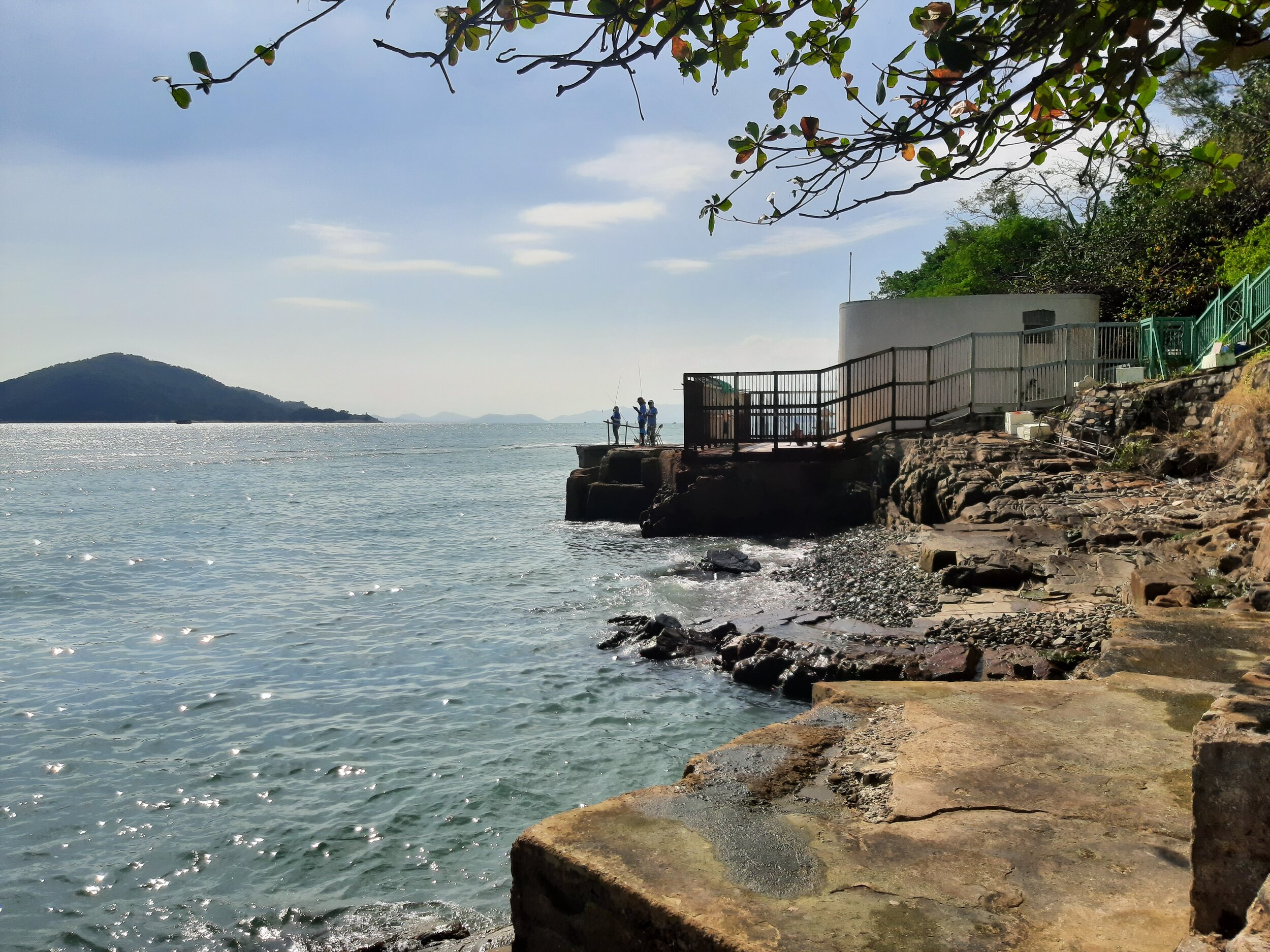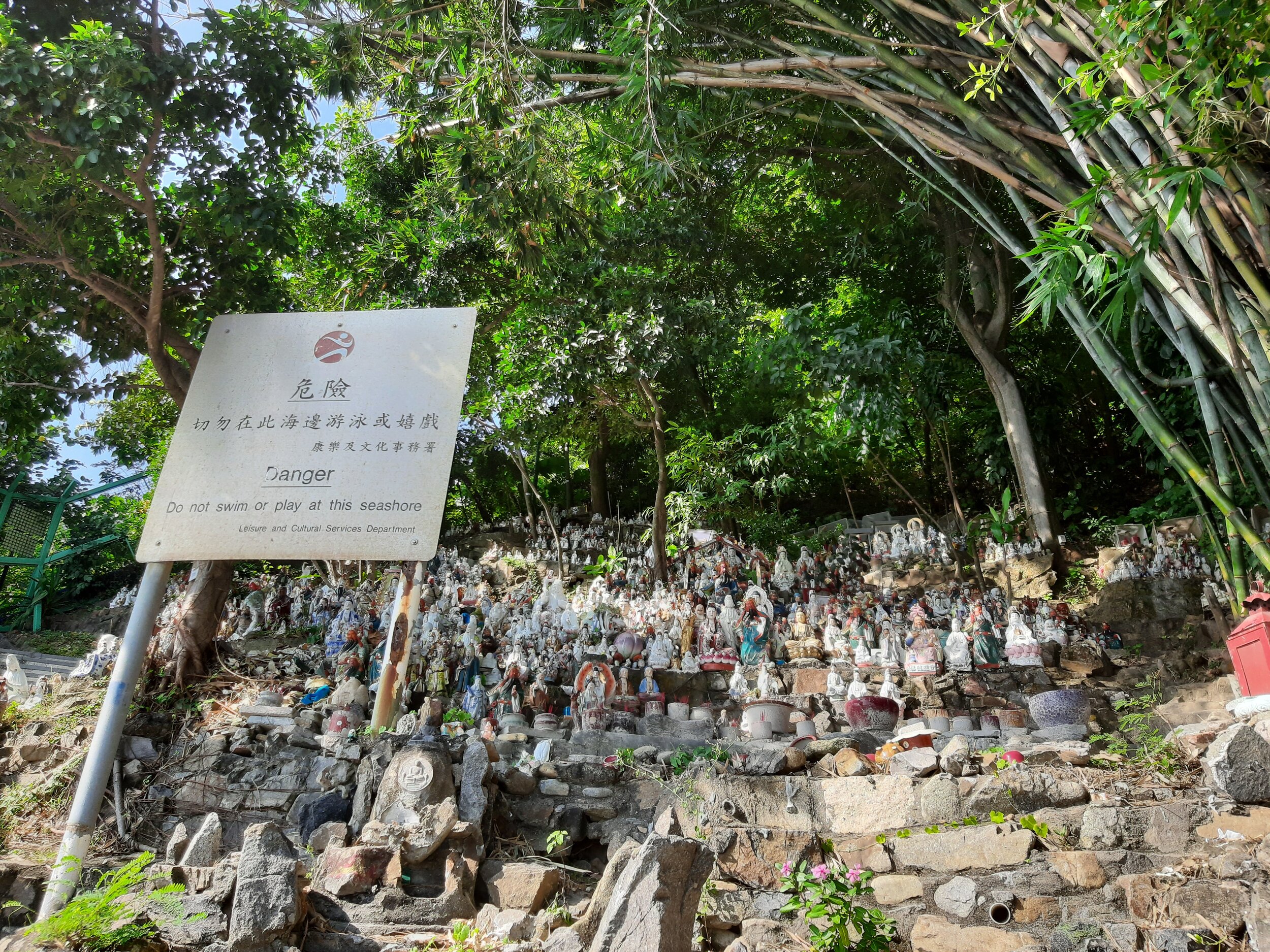I am very grateful for the opportunity to introduce our new initiative Silkroad Explained in an interview conducted by Andreia Sofia da Silva in Hoje Macau. To read the interview (in Portuguese), please click here. The translation to English, please find below.
Silkroad Explained: "We want to depoliticize this initiative"
Demystifying ideas and explaining the steps to be adopted for investment and cooperation are the main objectives of the 'Silk and Road Explained' project, which has the collaboration of academics from various countries associated with China's "One Belt, One Road" policy. Marcus Schütz, university professor and specialist in Chinese investment under this policy, is one of those responsible for the project. He argues that, in this area, Macau has a cultural and diplomatic role, while Hong Kong has not managed to innovate beyond its role as a financial centre.
How did you come up with the idea of creating this project?
The first idea was to bring together a group of academics and collaborators who work on projects related to the "One Belt, One Road" policy. We soon realised that there were different understandings of what this policy is. For me, it is more of a narrative, it is a way of coordinating funds and projects, not just Chinese ones. It is a multilateral effort, although it originated in China. I would say that the Western view of this initiative is very politicised and we want to be away from that. Our aim is to demystify some of the narratives that are out there around this policy, but that is not always easy. We want to depoliticise this initiative with the explanations that we give and invite more participants from China into this discussion. We really want to take a neutral view.
Do you want to move closer to an economic view, perhaps?
The Global Policy Institute in London, which is one of our collaborators, takes a view of policies that lead to better trade relations, better integration and linkages on imports and exports. They look at the financial systems that we are embedded in, we have the US dollar, the euro, the renminbi. This is the policy part, but then we have the practical side, the implementation side, which aims to answer the question: "if I want to be part of this if I want to apply for funding for a project, what steps do I have to take?" And then there is a third part, related to the opportunities that this policy can provide. Now we look mainly at the opportunities for Western companies.
There is the question of the financial dependence of some countries on China, thanks to the loans granted?
Dependency always develops when you have a business partner. We often see the argument that China deliberately lends money to countries that are weaker so that there are difficulties in repaying that loan, to increase the impact on the internal policies of those countries. For example, in African countries, recent research by John Hopkins University looks at the loans given to African countries and no evidence was found that this was done to increase the dependency of those countries.
With the pandemic, do you believe the "one belt, one route" policy faces major changes in how investments are made?
In the area of construction, for example, the good thing is that this sector managed to stay apart and was one of the few that did not suffer from the pandemic. When we look at the investments in the area of infrastructure there is no change, things continue. The only obstacle of the "One Belt, One Road" policy, which I think is significant, is that the average amount of funding that China can allocate to other countries is relatively low. Right now, when we look at these projects, we see that they have been financed mostly by Chinese entities, and then there is very little participation from other countries.
Portugal is an important partner of China in this policy. How do you see the future of this bilateral relationship? Is it a sufficiently competitive country?
I think that it is not necessary to be competitive to participate [in this policy], because there are many different countries participating, with different models. You can be an investment partner, a transit country for trade or for European markets. Portugal, geographically, is a little distant, so the question that arises is what kind of agreements is the country looking for. Portugal is integrated into the European Union and it depends a little on how the discussion takes place and how member states position themselves in relation to the "One Belt, One Road" policy. One example is Greece and the port of Piraeus. This is a narrative and we can play our part in that narrative.
What is the role of the Chinese special administrative regions in this policy? Macau is not a financial centre like Hong Kong, but it appears a lot in the political discourse because of the relationship it may have with the Portuguese-speaking countries.
The roles of Macau and Hong Kong should be very different. I see Macau as a bridge to the Portuguese-speaking countries because of its Portuguese heritage. Hong Kong is different, it is a financial centre and has a currency linked to the US dollar. But, on the other hand, despite being a financial centre, it does not have much to offer to the "One Belt, One Road" policy. When we look in terms of logistics, at the place of the ports of Hong Kong and Shenzhen, the port of Hong Kong is no longer strategic in this regard. I go to Hong Kong once a year where I teach at a university, precisely on the "One Belt, One Road" policy. And I feel that Hong Kong is facing difficulties in its participation. It is a financial centre, but when I talk to partners there I notice many questions about what this policy should be and what role they should take.
The political situation in Hong Kong is also likely to contribute to these difficulties.
Macau has been treated with more sympathy by China than Hong Kong because of that situation. I talk to the students, I know how they feel and I sense that in Hong Kong there is a lot of discontent with the way things are going. The Grand Bay may help bring some rapprochement, but I don't see this policy being part of the "One Belt, One Road" initiative. Hong Kong is undoubtedly facing difficulties on a number of fronts.
Even in relation to the Greater Bay Area project, there are constraints.
Hong Kong, to me, has failed to develop the tools and capabilities, to be truly useful outside the financial sector. That is something that is difficult to achieve. There's no technology, innovation, all these things don't happen and they don't happen in finance either, which is more ridiculous.
But Macau is also looking for economic diversification, for example, because it still has nothing else but gambling.
Nobody is asking Macau to have a specific function, because it's not possible. What is being asked is that it be a link in cultural and diplomatic matters with other regions. I don't see anyone demanding that casinos participate in the "One Belt, One Road" policy. Macau has its own problems, and one of them has to do with the size of the territory.
(Translated with www.DeepL.com/Translator)

